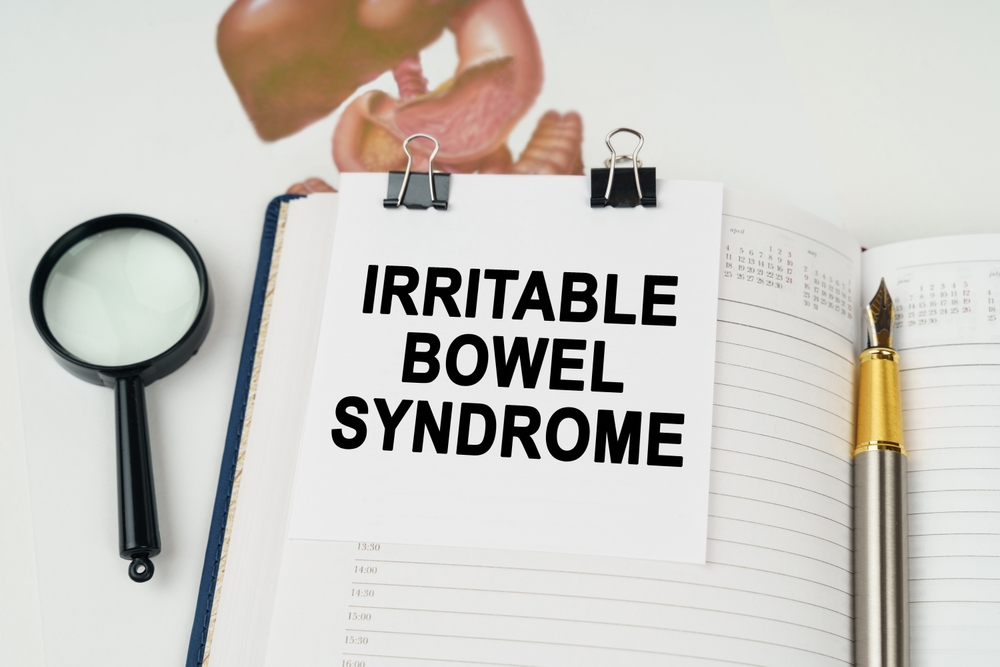Causes of Bloody Diarrhea: What You Should Know
Bloody diarrhea can be alarming, and understanding its causes is crucial for effective treatment. Common causes include infections, inflammatory bowel diseases, and gastrointestinal conditions. Infections caused by bacteria like E. coli, Salmonella, and Shigella are significant contributors. These bacteria can enter the body through contaminated food or water, causing severe gastrointestinal distress. Parasitic infections, such as those from Giardia, can also lead to bloody diarrhea.
Inflammatory bowel diseases (IBD), including Crohn’s disease and ulcerative colitis, are chronic conditions that cause inflammation of the gastrointestinal tract. This inflammation often results in bloody stools, accompanied by abdominal pain and cramping. Another cause can be diverticulosis, where small pouches in the colon become inflamed or infected.
Certain medications and treatments, such as antibiotics and radiation therapy, can disrupt the average balance of gut flora, leading to bloody diarrhea. Additionally, conditions like ischemic colitis, where blood flow to the colon is reduced, can cause bloody stools.
Recognizing Bloody Stool Symptoms Early
Early recognition of bloody stool symptoms is essential for prompt treatment. Bloody diarrhea often presents with distinct symptoms that differentiate it from other forms of diarrhea. These symptoms can include visible blood in the stool, which can appear bright red or dark and tarry, depending on the source of the bleeding.
Other symptoms may include blood in addition to severe abdominal pain, cramping, fever, and a sense of urgency to have a bowel movement. Mucus in the stool, along with blood, can indicate an inflammatory condition affecting the intestines.
Persistent or recurrent bloody diarrhea is a red flag that should not be ignored. If the bleeding is accompanied by significant weight loss, fatigue, or decreased appetite, it may indicate a more serious underlying condition.
Understanding Severe Diarrhea with Blood
Severe diarrhea with blood can indicate a range of serious health issues that require immediate medical attention. It can signify a severe infection, such as bacterial dysentery, characterized by intense abdominal pain, fever, and frequent, bloody stools. If not treated promptly, this condition can lead to dehydration and other complications.
In cases of IBD, severe bloody diarrhea may signal a flare-up of the disease. These flare-ups can cause significant inflammation and damage to the intestinal lining, leading to severe pain and bleeding. Inflammatory conditions like ulcerative colitis can cause extensive ulceration of the colon, resulting in persistent bleeding.
Another serious condition that can cause severe bloody diarrhea is colorectal cancer. Tumors in the colon or rectum can bleed, leading to visible blood in the stool. This is often accompanied by changes in bowel habits, such as alternating between diarrhea and constipation, as well as unexplained weight loss and fatigue.
When to Seek Help for Blood in Stool
Seeking medical help for bloody diarrhea is crucial, especially when specific symptoms are present. If you notice a significant amount of blood in your stool or if the bleeding persists for more than a couple of days, consult a healthcare professional.
Other warning signs that warrant immediate medical attention include severe abdominal pain, high fever, and signs of dehydration, such as dry mouth, dizziness, and reduced urine output. Blood in the stool accompanied by significant weight loss, fatigue, or a family history of gastrointestinal diseases also requires prompt evaluation.
For individuals with chronic conditions like IBD, any changes in the pattern or severity of symptoms should be reported to a healthcare provider. Early intervention can help manage flare-ups and prevent complications.
Diagnosing Bloody Diarrhea: Key Insights
Diagnosing bloody diarrhea involves a combination of medical history, physical examination, and diagnostic tests. Your healthcare provider will begin by asking about your symptoms, including the duration and frequency of bloody stools, any associated symptoms, and potential exposure to infectious agents.
Physical examination may include checking for signs of dehydration, abdominal tenderness, and other related symptoms. Diagnostic tests are crucial in identifying the underlying cause of the diarrhea. These tests may include stool tests to detect infections, blood tests to check for anemia and inflammation markers, and imaging studies like CT scans or colonoscopy to visualize the intestines.
In cases of suspected IBD, endoscopic procedures, such as colonoscopy or sigmoidoscopy, are often performed to directly examine the intestinal lining and obtain tissue samples for biopsy. These tests help confirm the diagnosis and determine the extent and severity of the disease.
Risks Associated with Blood in Stool
The presence of blood in stool carries several risks and potential complications. One of the most immediate risks is dehydration, especially if the diarrhea is severe and persistent. Dehydration can lead to electrolyte imbalances, which can cause serious health issues, including kidney damage and cardiovascular problems.
Chronic blood loss through stools can lead to anemia, a condition characterized by a deficiency of red blood cells. Anemia can cause fatigue, weakness, and shortness of breath, significantly impacting the quality of life.
Untreated underlying conditions, such as IBD or colorectal cancer, can lead to severe complications. Inflammatory bowel diseases, for example, can cause strictures, fistulas, and an increased risk of colon cancer. Colorectal cancer, if not detected early, can spread to other parts of the body, complicating treatment and reducing survival rates.
Prompt diagnosis and treatment of bloody diarrhea are essential to mitigate these risks and ensure better health outcomes.




